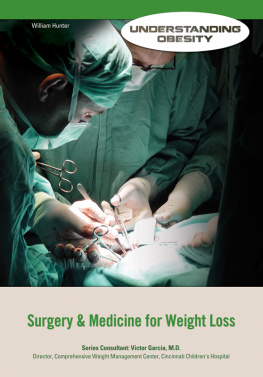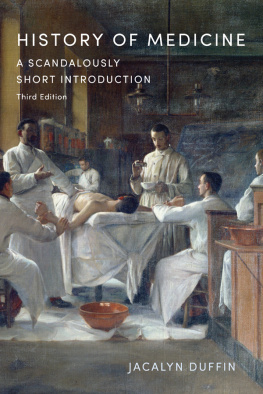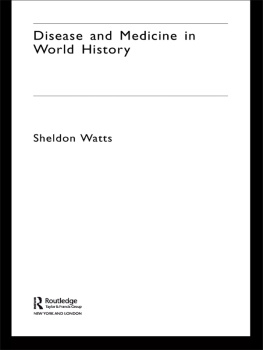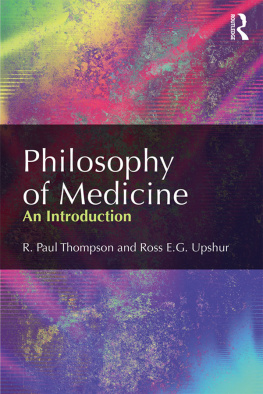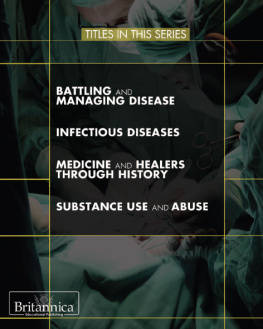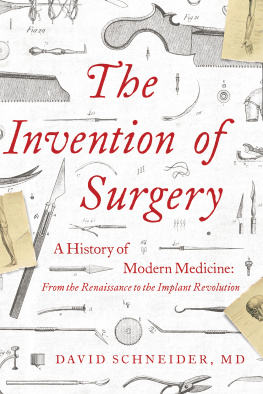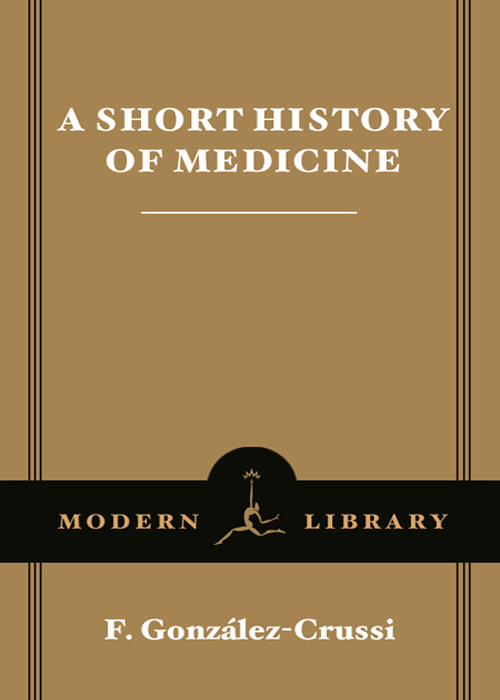
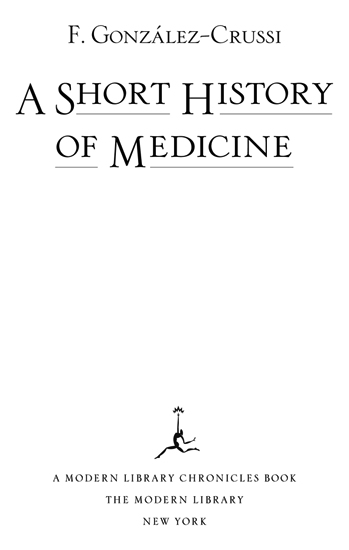
A S HORT H ISTORY
OF M EDICINE
CONTENTS
MODERN LIBRARY CHRONICLES
Currently Available
KAREN ARMSTRONG on Islam
DAVID BERLINSKI on mathematics
RICHARD BESSEL on Nazi Germany
IAN BURUMA on modern Japan
PATRICK COLLINSON on the Reformation
FELIPE FERNNDEZ-ARMESTO on the Americas
LAWRENCE M. FRIEDMAN on law in America
PAUL FUSSELL on World War II in Europe
PETER GREEN on the Hellenistic Age
ALISTAIR HORNE on the age of Napoleon
PAUL JOHNSON on the Renaissance
FRANK KERMODE on the age of Shakespeare
JOEL KOTKIN on the city
HANS KNG on the Catholic Church
MARK KURLANSKY on nonviolence
EDWARD J. LARSON on the theory of evolution
MARTIN MARTY on the history of Christianity
MARK MAZOWER on the Balkans
JOHN MICKLETHWAIT AND ADRIAN
WOOLDRIDGE on the company
ANTHONY PAGDEN on peoples and empires
RICHARD PIPES on communism
KEVIN STARR on California
MICHAEL STRMER on the German Empire
GEORGE VECSEY on baseball
MILTON VIORST on the Middle East
A. N. WILSON on London
ROBERT S. WISTRICH on the Holocaust
GORDON S. WOOD on the American Revolution
Forthcoming
ALAN BRINKLEY on the Great Depression
BRUCE CUMINGS on the Korean War
JAMES DAVIDSON on the Golden Age of Athens
SEAMUS DEANE on the Irish
JEFFREY E. GARTEN on globalization
MARTIN GILBERT on the Long War, 19141945
JASON GOODWIN on the Ottoman Empire
JAN T. GROSS on the fall of communism
RIK KIRKLAND on capitalism
BERNARD LEWIS on the Holy Land
FREDRIK LOGEVALL on the Vietnam War
PANKAJ MISHRA on the rise of modern India
COLIN RENFREW on prehistory
ORVILLE SCHELL on modern China
CHRISTINE STANSELL on feminism
ALEXANDER STILLE on fascist Italy
CATHARINE R. STIMPSON on the university
FOREWORD
It is trite but true that the lessons of history are ambiguous. Nevertheless, the history of medicine offers a perspective from which to verify the stubborn survival, through time and change, of the essential attitudes of medicine: a spirit of inquisitiveness into the origins of disease and a fervent preoccupation with curing or alleviating the suffering disease produces.
The history of medicine has appealed to many authors. Therefore, most of what is told in this book has been told often and ably before. Yet I believe that I can claim some originality, not in the themes developed but in the manner in which they are presented and in the personal interpretation annexed to them. For it is my persuasion that current societal attitudes are out of phase with medical realities and that some light may be shed upon this problem through a look at the historical evolution of medicine.
Today, imaging techniques render the human body uncannily transparent; surgeons operate at a distance by means of robotic devices; organs are replaced using astounding transplant procedures; and functional genes are inserted into cells, thus altering at will the unique fate and individuality that Nature apportions to each living being. In the midst of these scientific and technological marvels, we tend to forget that medicine used to be an art and that, for all its admirable advances, present-day diagnostic and therapeutic methods are still far from possessing mathematical precision.
Most important, todays overwhelming momentum of science and technology tends to make us forget that the foundation of medicine is a universal humanism. My bias is to believe that this fundamental humanistic core is now being threatened and that preserving and safeguarding it is as great a challenge to the profession as any of the toughest technical or scientific problems it has to face.
New epidemics appear (AIDS being perhaps the most obvious example), as do new patterns of morbidity and mortality, which are the inevitable accompaniment of changing world conditions. Then the dark, ancestral fears resurface and enormous pressure is applied to scientists and physicians, who are urged to find quick solutions, forgetting that it is natural for life to be under perpetual risk and that total elimination of diseasethough not the alleviation of its burdenis an unrealistic goal.
It is not surprising, when in such a predicament, that people should address their most pressing demands and pleadings to physicians, as these have ever formed part of an influential class. Galen was the physician of Marcus Aurelius; Vesalius, of Emperor Charles V; William Harvey, of the kings of England; and, to abbreviate a long list, in our time we have seen Michael DeBakey looking after Russian president Boris Yeltsin. Physicians influence is based on the fact that therapy rests largely upon confidence: one must trust the professionals in whose hands ones health and well-being are ultimately deposited. The spectacular progress in their field reinforces physicians authority, even that of those who had no part in producing the advances. But this exaltation of physicians image leads some writers to turn the outstanding members of the profession into imposing busts and statues out of a museum. I have tried to avoid this, persuaded that what makes the history of medicine interesting is that it was enacted not by superior and uncommonly gifted people but by men and women precisely like the rest of us, prone to erring and subject to alternating triumphs and disappointments.
Therefore, in the following pages I have not disguised the fact that Louis Pasteur thought nothing of stooping to base tricks of self-promotion unworthy of his name; that John Hunter, the eighteenth-century father of surgery, was petulant and irascible; that William Stewart Halsted, the American giant of modern surgery, became a cocaine and morphine addict; and that Robert Koch, the founder of medical bacteriology, falsely claimed to have found a cure for tuberculosis, and when it was clear that his remedy was useless, he promptly absconded to Egypt, gallivanting around with his new bride while his assistants had to face the consequences of the scandal by themselves.
The protagonists of the history of medicine were men and women like us, but, also like us, they were products of their respective societies. Medical events originate in changes in society and in turn have repercussions upon the latter. Thus, a thorough chronicle of the history of medicine requires reference to the social context of each medical episode. However, such a comprehensive treatment would require greater space than I have at my disposal, plus a learning to which I can make no pretension. I am grateful to my editor, Will Murphy, for authorizing a longer book than was originally assigned. As it is, I found it necessary to lay my subject on a procrustean bed and to excise surgically all that I could not accommodate in the space available. As a result, no chapters devoted to ancient medicine were included, although the continuity between ancient and modern medicine is acknowledged. By the same token, the emphasis is on Western medicine since the inception of the scientific method, but the contributions of the Orient, and of epochs predating the dominance of the rational spirit, are not ignored.
Next page

